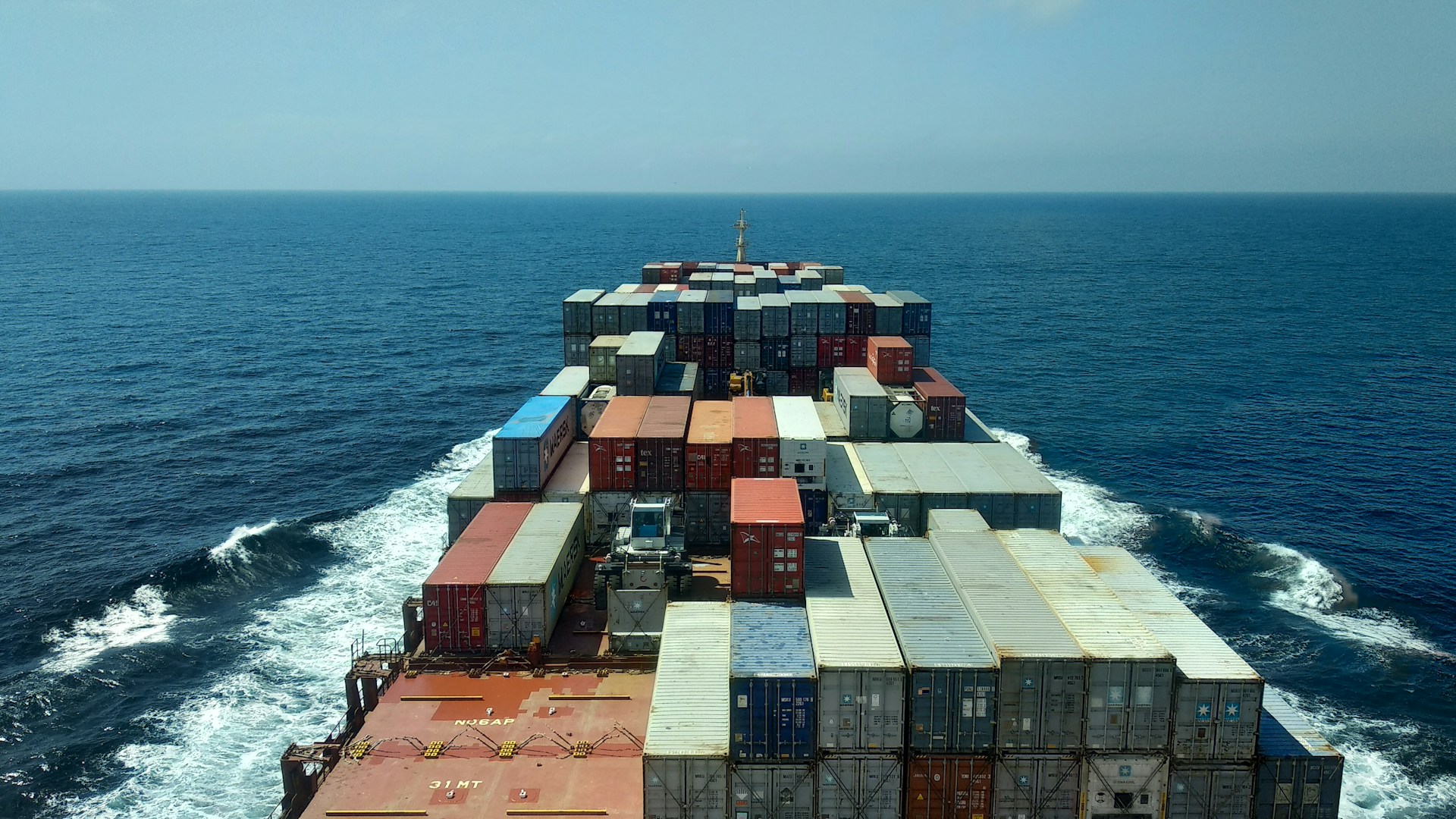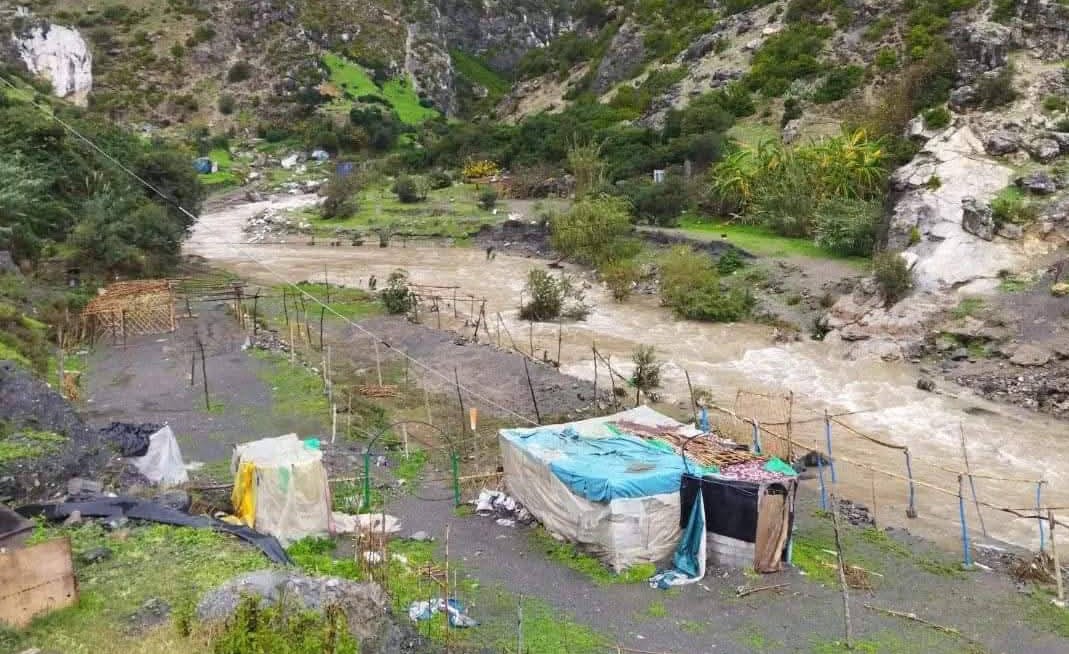Casablanca – Morocco’s legal cannabis sector continues to grow under the framework of Law 13.21, which governs the cultivation, processing, and commercialization of cannabis for medical, pharmaceutical, and industrial uses. The 2025 agricultural season has brought a significant expansion in cultivated areas and farmer participation, signaling steady institutional commitment to integrating cannabis into the formal economy. However, persistent regulatory bottlenecks—particularly at the product registration stage—threaten to slow the momentum of this national initiative.
Expansion of legal cultivation
This year’s farming season has witnessed the authorization of over 1,000 hectares of cannabis crops planted with imported seeds, which have undergone inspection and approval by the National Office for Food Safety (ONSSA). These efforts have involved more than 1,400 farmers, supported through early stages of cultivation, beginning with seedling production in greenhouses and extending to field transplantation in July.
In parallel, authorities also approved the cultivation of an additional 4,200 hectares of the local “Beldia” cannabis variety. This traditional strain, widely used in Morocco’s historical cannabis-growing regions, has now been formally integrated into the legal supply chain through ONSSA certification. The move is intended to preserve traditional farming knowledge and ensure that small-scale farmers benefit from the regulatory framework.
These cultivation efforts are concentrated in three northern provinces, AL Hoceima, Chefchaouen and Taounate, that currently hold legal status for cannabis farming. To support implementation, the National Agency for the Regulation of Cannabis Activities has conducted on-site meetings with industry actors, including cooperatives, investors, and manufacturers. These sessions served to present updates on the agency’s operational roadmap and to address key production and marketing challenges.
Marketing stalled by regulatory delays
Despite these advances in cultivation, the sector continues to face significant obstacles in downstream operations. Chief among them is the delay in registering cannabis-derived products—such as food supplements and cosmetics—with the Directorate of Medicines and Pharmacy, a prerequisite for legal marketing both domestically and internationally.
Currently, dozens of products are awaiting regulatory approval, many of which have already passed through production and quality control processes. According to industry sources, the registration procedure includes a mandatory six-month testing period to verify chemical safety and stability, starting from the initial sample (T1) to the sixth month (T6). While these measures aim to ensure public safety, the extended timeline has created bottlenecks that prevent companies from bringing their products to market.
Several producers have proposed the introduction of temporary or conditional authorizations that would allow products to be marketed under regulatory oversight while awaiting final certification. This model, already used in other sectors, could offer a practical compromise between ensuring safety and maintaining market momentum.
Institutional coordination and outlook
Stakeholders across the sector are calling for improved institutional coordination to accelerate the product approval process. While the regulatory agency has shown consistent support through field engagement and program development, other public bodies—particularly those responsible for product registration—are being urged to align with the sector’s evolving needs.
There is growing concern that prolonged delays may erode the trust of small farmers and cooperatives, many of whom rely on timely payments tied to the sale of cannabis-derived products. Without a functioning market, cooperatives are unable to meet their financial obligations, and producers cannot fulfill contracts. This creates a cycle of economic vulnerability that threatens the viability of the legal cannabis framework.
In 2024, Morocco recorded the legal cultivation of 2,169 hectares by 2,647 farmers, organized into 189 cooperatives. Of this total, 1,701 hectares were planted with the traditional “Beldia” strain by 1,767 farmers in 109 cooperatives, while 468 hectares were cultivated using imported varieties by 880 farmers in 80 cooperatives. The figures for 2025 are expected to exceed these levels, reflecting increased participation and expansion of regulated cultivation.
Balancing growth and oversight
As Morocco deepens its transition from informal to regulated cannabis production, the success of the sector will depend on striking a realistic balance between regulation and accessibility. While quality control and public health standards remain essential, the development of phased marketing mechanisms or streamlined approval pathways may be necessary to ensure that products reach the market in a timely manner.
The continued growth of Morocco’s legal cannabis sector represents a significant opportunity for regional development, especially in areas historically dependent on cannabis farming. Realizing this potential will require not only agricultural expansion but also regulatory clarity, market access, and coordinated institutional support. Without these, the country risks delaying the socioeconomic benefits that the reform was designed to deliver.
















